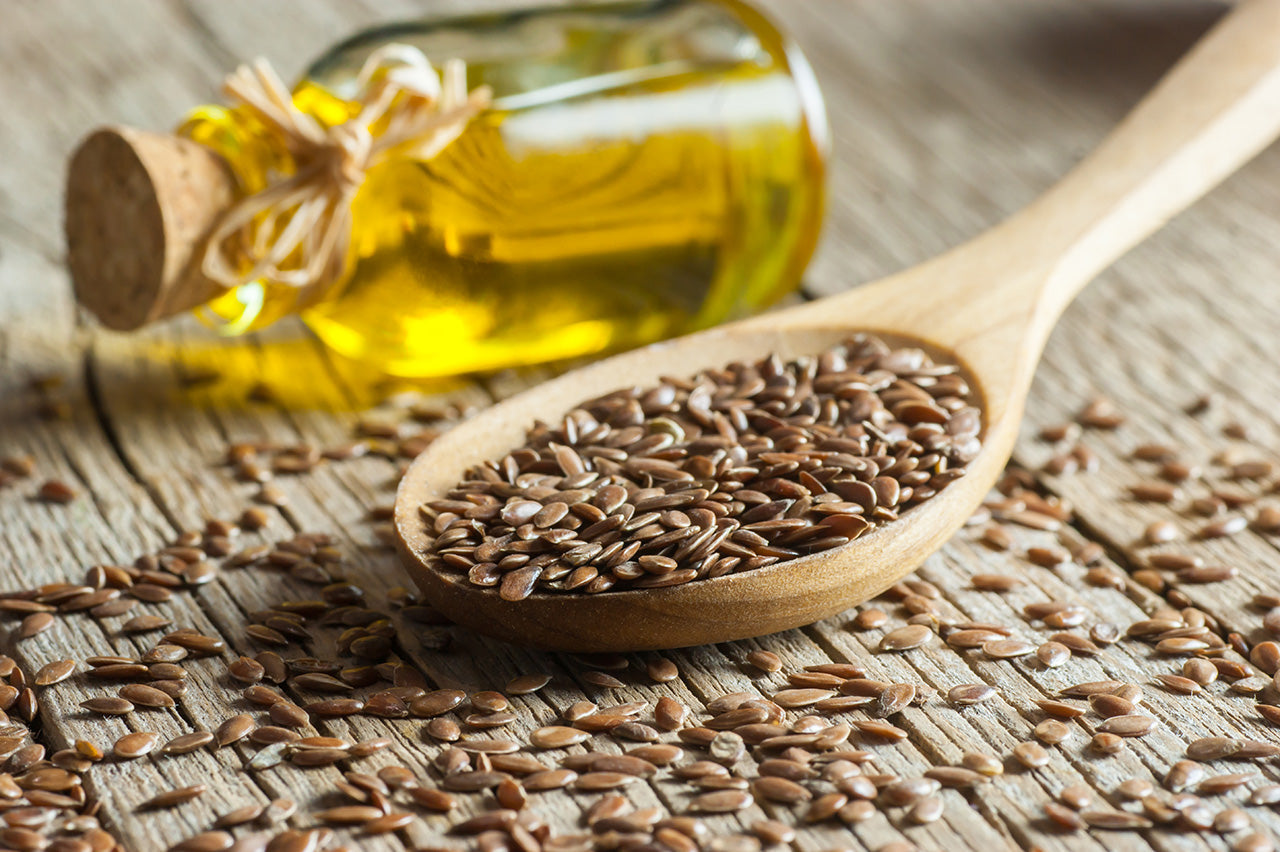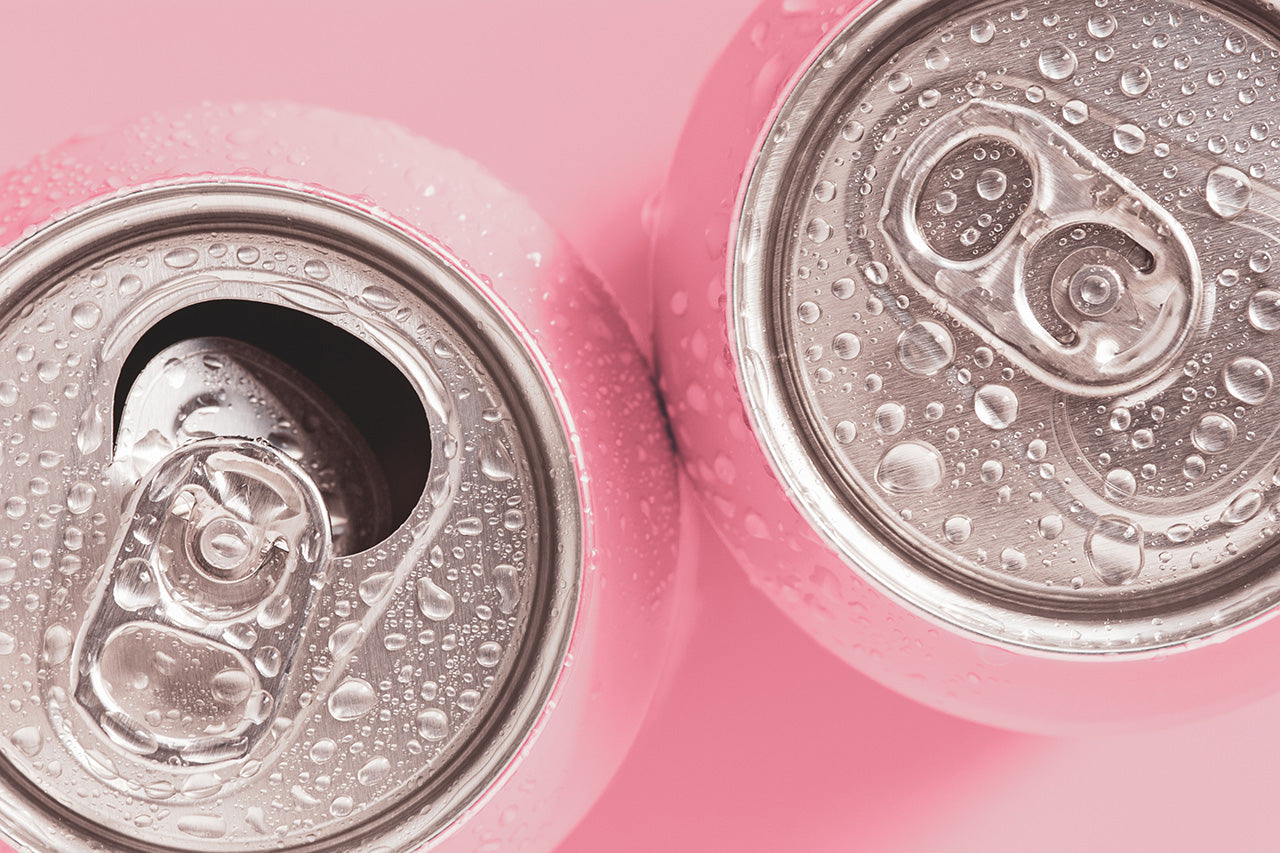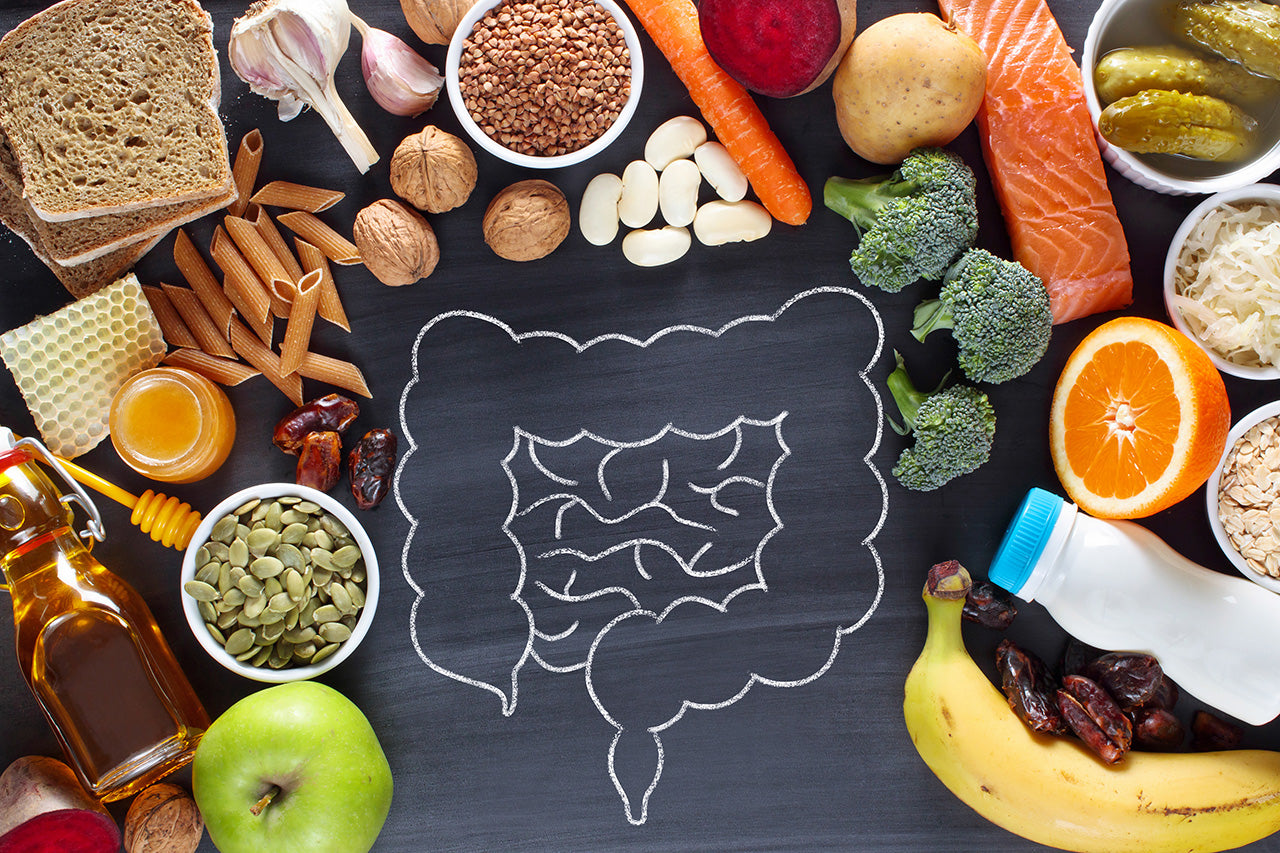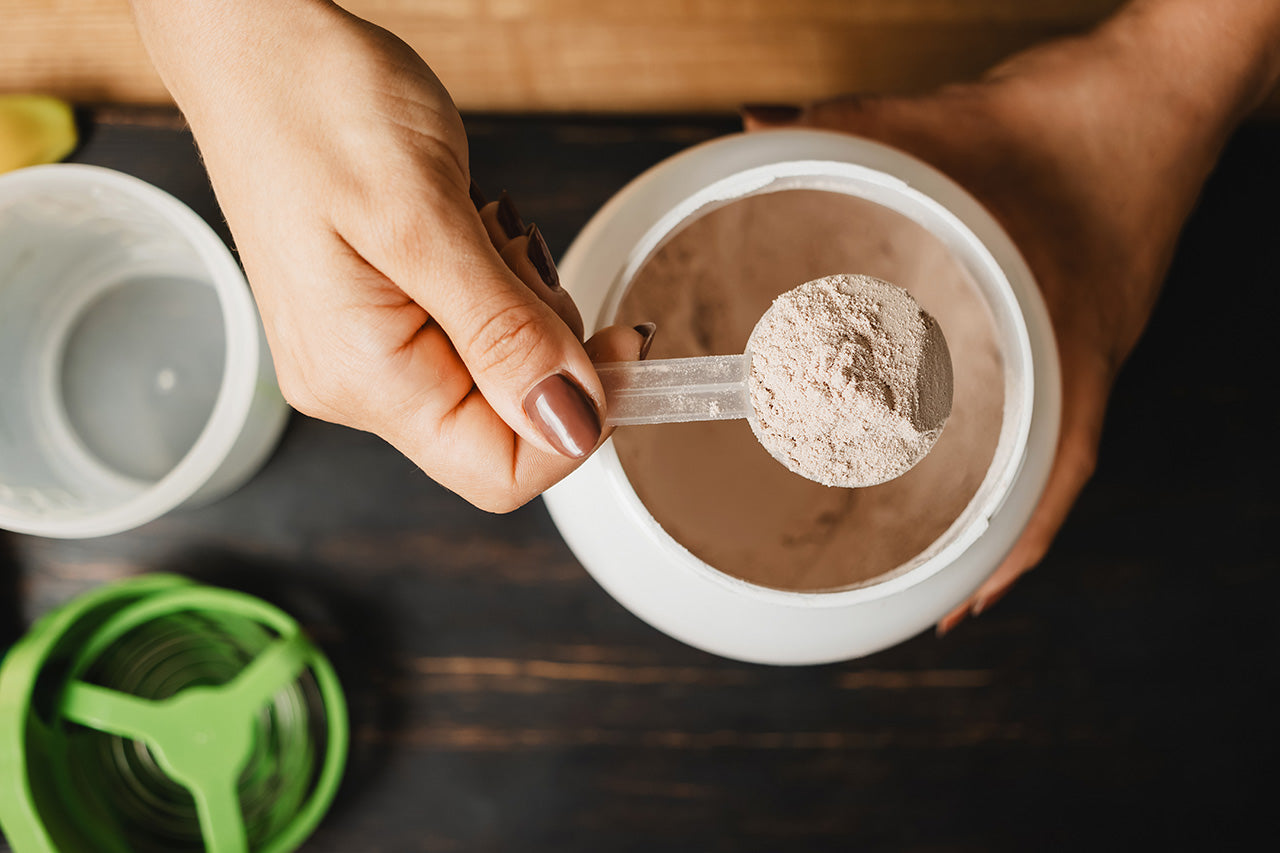
WELLNESS
Supporting Hormonal Health: Natural Strategies for a Balanced Body

Hormone health is a hot topic in the wellness world and for good reason. Oftentimes, when we think of the word hormone, our brains naturally think of estrogen and testosterone. However, those represent only one type of hormone. In reality, there are many more to consider.
Hormones are the messengers of the body. They create cascades of processes that control how our blood, tissues, cells, and organs work together. They dictate hunger cues, temperature regulation, mood, fertility, and overall state of the being.
Did you know that neurotransmitters are hormones made by the brain? These precise communicators are found in a vast, yet very closely connected network. Ideally, we want that network running smoothly.
So how can we naturally support and regulate hormones without interfering with this delicate conversation our body is having within itself? Well, it’s simple! We nourish the organs and systems that create hormones and break them down.
The Endocrine System
The endocrine system is largely responsible for creating hormones by using fats, minerals, proteins, and amino acids. Endocrine organs include the pancreas, ovaries, adrenal glands, and pituitary gland - to name just a few.
Creating hormones uses a lot of energy and minerals in our body.
Different classes of hormones require different bases. For example, fat or lipid-based hormones are mostly steroid hormones (think cortisol, estrogen, or testosterone). Protein-based hormones are made up of long chains of amino acids and include hormones like insulin, glycogen, follicle-stimulating hormones, and so many more. Amino acid-based hormones are made up of very short chains of amino acids, distinguishing them from protein-based hormones; some include epinephrine and norepinephrine.
So what does that mean? Well, what we eat plays a key role in hormonal health. Having a diet filled with lots of whole-food macronutrients is crucial for hormone production, regulation, and balance.
Focus on getting protein, omega-3s, and quality fats for hormone creation, as well as carbohydrates to fuel the process. Leafy greens, grass-fed beef, avocados, berries, and eggs are all great sources for minerals and nutrients.
The key is to get enough food, consistently. Eating at least 3 protein-rich meals a day is crucial for balancing hormones. So don’t skip breakfast!
The Elimination System
It’s also important to facilitate the breakdown of hormones once they’ve fulfilled their purpose. We do this by supporting the elimination system (also known as the digestive system) and the liver.
One important job of the liver is to break down hormones. Why is this necessary? If old hormones aren't broken down, they can send confusing signals to your body, much like trying to follow directions from five different people at once. This confusion can make your body behave unpredictably—you might feel hot and cold, lose your appetite, or struggle to sleep. Breaking down these hormones helps keep your body's signals clear and regulated.
Addressing your elimination pathways is a good first step to making sure your hormones stay regulated. Often, having 1-2 bowel movements a day is ideal to keep metabolic waste out of your system. Foods high in fiber, such as beans, will promote a healthy gut microbiome.
This is important because some bacteria will recycle hormones that were meant to be excreted, such as estrogen. Beans are filled with soluble fiber which sweeps the gut clean, plus they’re high in protein too! Drinking plenty of water and having a diet high in different colored veggies will also contribute greatly to keeping your elimination pathways clean.
Supporting Your Liver
There’s a two-fold approach to supporting liver function.
One is to reduce the amount of toxins (or endocrine-disrupting chemicals) in your environment. These toxins can be found in fragrances, cleaning products, makeup, and body wash products. This approach also includes reducing alcohol or highly processed foods which can put an additional burden on our liver.
The second approach is to support the liver’s function. Herbs do a great job at this, specifically ones that are hepatoprotective. This means that they restore the function of the liver cells, while also protecting it from disease and injury.
Some examples include Schisandra Berry (Schisandra chinensis), Milk Thistle (Silybum marianum), and Holy Basil (Ocumum sanctum). Of course, before starting a protocol with these herbs, check with your healthcare provider or a qualified herbalist.
Lastly, making sure that your foundational needs are met is very important to supporting hormone health. Getting enough sleep, drinking water, and finding ways to relax are paramount cornerstones to setting the body up for success.
For more in-depth discussions on topics like the impact of food and exercise on weight, fad diets, hormone & gut health, herbs, and more, check out our Revitalize Roundtable. Listen as our experts (two herbalists and a registered dietitian/nutritionist) dive into these subjects.































































